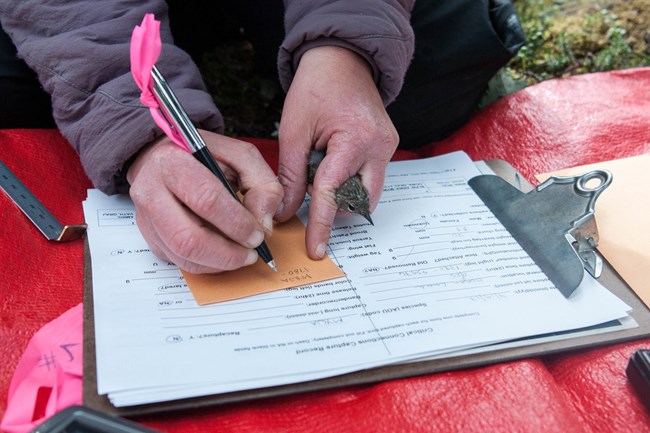
NPS photo / Kira Heeschen
The Research Permit and Reporting System (RPRS) is the web-based application for administering research permits and associated reports for in-park studies of natural resources or members of the public. You must use this system if you propose a study in the natural sciences (biology, geology, physics, etc.) or social sciences (visitor surveys, education research, etc.).
You may not need to use RPRS if you propose to study strictly cultural resources (like excavating archeological sites, documenting cultural landscapes, analyzing historic structures, etc.) or to study existing NPS collections in museums or other repositories. For those activities, there are other permits and approvals that are administered through different processes. Please contact the park of interest to confirm what type(s) of permit you must obtain.
This page is the RPRS user manual for investigators. The sections below provide detailed background, context, and directions. If you have additional topics to suggest, the RPRS HelpDesk would like to know. e-mail us.
See the companion page Research Policies and Guidance for additional relevant information about scientific research and collecting in parks.
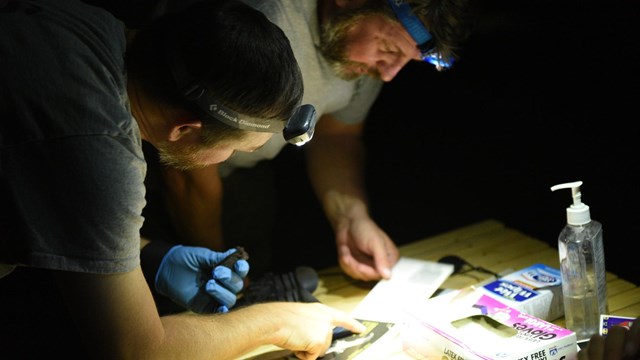
Start here for a full understanding of permits
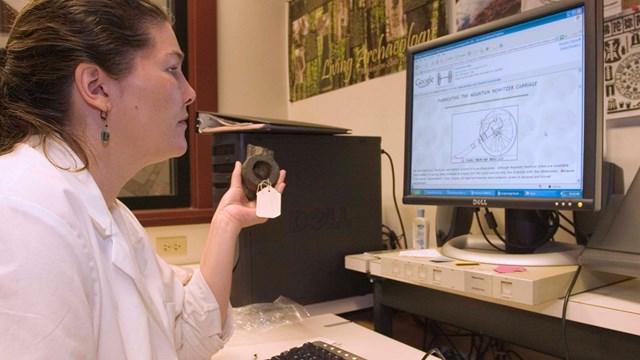
How to use and navigate RPRS
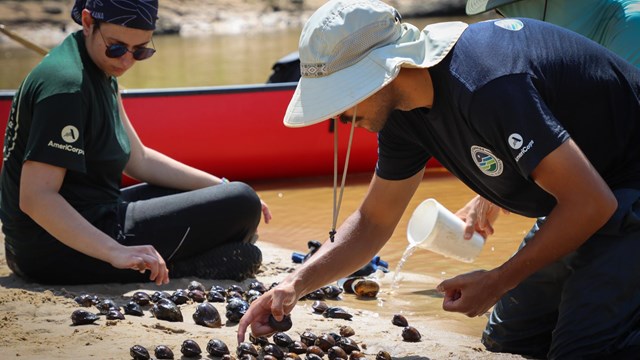
Stepwise procedures over the life cycle of a research project
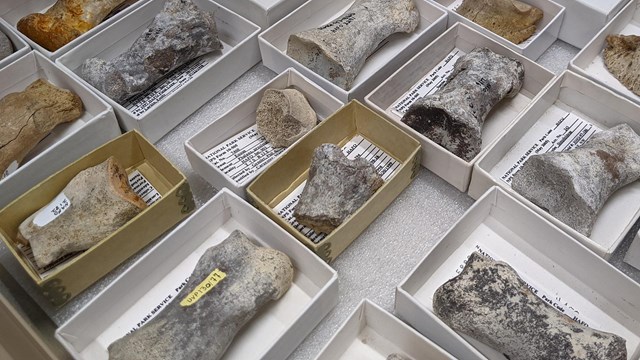
If you propose to collect specimens, see these required details
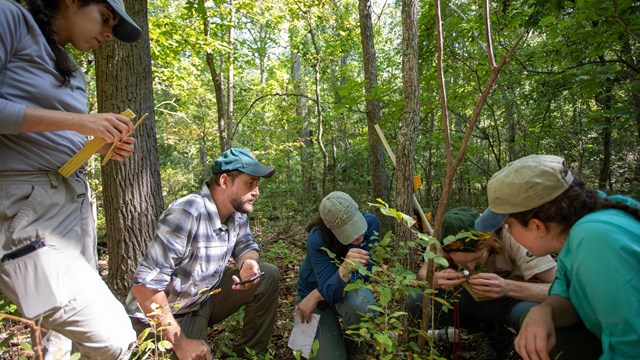
Simple but important steps to share your files or transfer all of them to a colleague

What to include in a proposal, IACUC approval to study vertebrates, threatened species permits, etc.
Last updated: October 1, 2024
